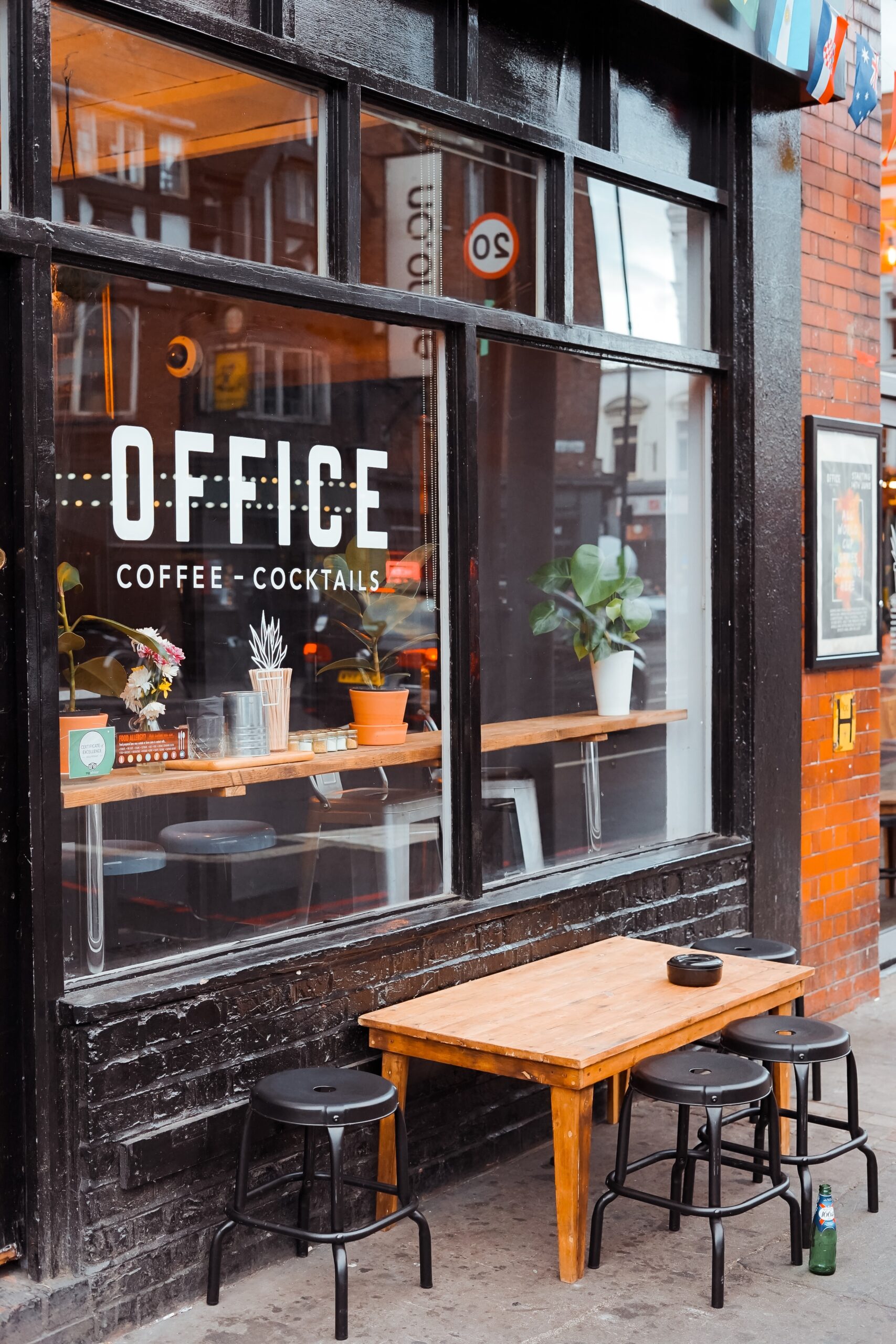Photo by Toa Heftiba on Unsplash
You can have the best food, drinks, and service in town, but if you don’t have a location that gets people into your restaurant, you will not be able to make money. If your site is too far away from where people live and work, your customer base will be limited to tourists or other people who are willing to make the drive. This means that while they may be loyal customers, they are unlikely to spend as much as residents.
5 Tips To Finding A Great Location To Open Your Restaurant
By Dom Hemingway
Finding the right location for your restaurant is one of the most important decisions you will make. It will affect everything from how much money you spend to what kind of traffic you get and even how much revenue your restaurant generates. In this article, we’ll help break down the steps to finding an excellent location for your business so that you can open with confidence.
You can’t change location unless you have a big budget, so take your time to find a good location.
While the location is the most critical decision in opening your restaurant, finding a good one can be challenging. If you can afford to pay rent and not make money for a few months while your business finds its footing, then it’s great to have this option. But if you don’t have that kind of budget and need cash flow from day one, finding that perfect spot may be harder than anticipated. If you have enough capital for a few months of rent and no income during that period, then go ahead and explore some areas where there aren’t many other restaurants nearby. You could be surprised by how much traffic is coming into these locations—ask yourself: “Where do people go when they want to eat out?”
If there are many restaurants nearby, you’ll need to compete vigorously for customers. So explore those spots, if your food isn’t unique, chances are it won’t stand out in such a competitive environment.
Site Selection is the most important step, so it is vital that you get it right.
You can have the best food, drinks, and service in town, but if you don’t have a location that gets people into your restaurant, you will not be able to make money. If your site is too far away from where people live and work, your customer base will be limited to tourists or other people who are willing to make the drive. This means that while they may be loyal customers, they are unlikely to spend as much as residents.
When looking for a location, consider:
* How close is my proposed location compared with competitors?
* Will it give me an advantage over them?
* Can I increase foot traffic by opening near other businesses (like coffee shops)?
* Is there enough parking available at my proposed location? In some areas, this might mean building more parking spaces than you need because those spaces will likely remain empty during most hours of operation.
Think about your customers. Where do they live? What type of neighborhood? Will they drive? Will they bike? What kind of plaza or strip mall will they want to have breakfast, lunch, or dinner?
Look at the location in terms of your customers. Think about where they live and where they will drive, bike, or walk. What kind of plaza or strip mall would be most appealing to them?
What kind of stores do they like? What stores do you want to bhave as neighbors? Are any businesses at the site struggling or close to failing? If so, you might consider whether that’s a location where people are still shopping—or if it’s one where customers might have moved on.
Make sure there are no significant competitors nearby.
While choosing a location with a lot of foot traffic might seem like a good idea, this can be risky. If there are other restaurants nearby that do well or poorly, they’ll have an impact on your own business. For example: If you’re opening up your new restaurant in the same space as an old one that closed down, customers may not want to try something new immediately because they associate that space with the previous restaurant’s failures (or successes).
Evaluate Competition
Before you sign up for anything, know all the financial details and look at the best and worst-case scenarios. Make sure you feel comfortable with both before signing a lease.
Ensure that the location is near your target market (i.e., people who will buy your product).
If possible, avoid sites that have too many other restaurants nearby. You don’t want competition from other businesses in your area.
Finding the right location will help ensure your restaurant’s success.
A restaurant’s location is one of the most critical factors for success. The first thing customers see when they come to your restaurant is its location, which can affect their perception of the quality of food and service. The site affects how many people come through your doors, what they order, and how much they spend there. It also affects rent costs.
A real estate agent in Little Italy, Toronto, once said: “There are three things that will make or break a business – location, location, and location!” A good restaurant owner should always know what kind of customers frequent his restaurant and where his competition does business. Be mindful of how these factors affect sales volume at each location.
Conclusion
So, there are five simple tips to help you find an excellent location for your restaurant. Remember, your site is one of the most critical factors in determining whether or not your business succeeds! It doesn’t matter how much money and time you spend on advertising if no one can find your restaurant. So take these tips to heart—and then go out and find that perfect spot for yourself!

